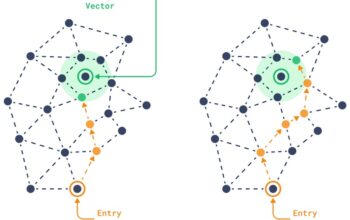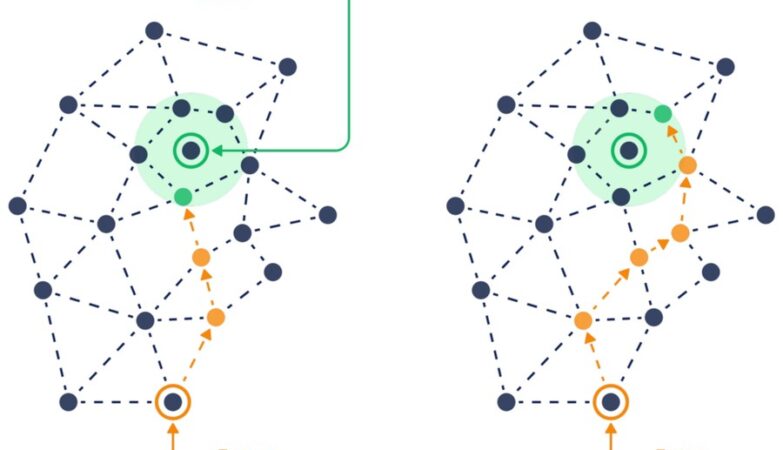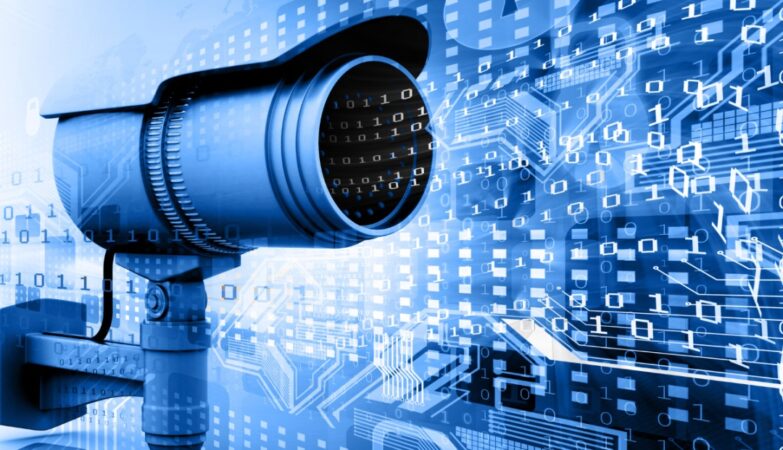Genomic surveillance has quickly become one of the most powerful tools in modern public health. By mapping the genetic makeup of viruses and bacteria, scientists can track mutations, identify new variants, and respond more effectively to outbreaks. Joe Kiani, Masimo and Willow Laboratories founder, has often pointed out that advances in monitoring and detection are vital to saving lives, and genomic tools represent one of the clearest examples of technology reshaping our ability to respond to threats. The ability to see pathogens at the molecular level has transformed how governments and institutions prepare for crises.
The COVID-19 pandemic showcased this power. Global networks of researchers sequenced millions of samples, spotting emerging variants and guiding vaccine updates. Genomic surveillance allowed public health officials to anticipate waves of infection, target interventions, and keep vaccines one step ahead. The blueprint of disease, once hidden, is now visible in real time, offering a level of preparedness unimaginable in past generations.
Tracking Outbreaks in Real Time
One of genomic surveillance’s greatest promises is its ability to track pathogens as they spread across borders. By identifying viruses’ genetic fingerprints, researchers can pinpoint where outbreaks begin and how they travel. It has been crucial not only for COVID-19 but also for diseases like Ebola, Zika, and influenza. With accurate tracking, resources can be deployed strategically, and interventions can be tailored to local realities.
These tools do more than improve logistics. They build trust by showing the public that decisions are rooted in hard data. When governments communicate clearly about genomic findings, they provide reassurance that actions are guided by evidence. Transparency becomes a public health tool in itself, allowing communities to see not only what is happening but why specific responses are necessary.
Ethical Questions of Privacy
The same power that makes genomic surveillance effective also raises serious ethical concerns. Genetic data is deeply personal, and large-scale collection can expose sensitive information about individuals and communities. Even when stripped of identifiers, DNA sequences can sometimes be traced back to individuals, raising questions about consent and confidentiality.
Safeguarding this data is critical. Without strong protections, communities may resist participation in genomic programs, fearing misuse by governments, employers, or insurers. Ethical frameworks must ensure that the benefits of surveillance never come at the expense of personal dignity and privacy. In balancing these competing interests, leaders face one of the most complex challenges in public health.
The Risk of Misuse
Beyond privacy, genomic surveillance carries risks of misuse at the institutional level. Data meant for disease control could, in theory, be repurposed for discriminatory policies or even bioweapons development. History shows that medical information has not always been handled responsibly, particularly in marginalized communities. These legacies fuel skepticism about how genomic data might be used.
Joe Kiani, Masimo founder, is known for advancing technology in ways that keep patients safe and preserve trust. His approach reflects the principle that powerful tools must be governed responsibly so they reduce risks rather than create new ones. Misuse of genomic data could add to the burden of vulnerable populations, turning a tool for healing into one of harm. Vigilance is required to ensure that genomic surveillance strengthens equity rather than undermines it.
Building Global Networks
Genomic surveillance is most effective when it transcends national boundaries. Viruses do not respect borders, and no single country can track global threats alone. International collaborations have demonstrated how shared platforms accelerate discovery and response. By pooling information, scientists can detect trends earlier and act faster.
International collaboration introduces challenges of fairness and reciprocity. Wealthier nations often have more resources to collect and analyze samples, while lower-income countries may feel pressured to share data without receiving equal benefits. Addressing these inequities requires agreements that ensure all participants, regardless of wealth, gain from the system. Ethical global cooperation will determine whether genomic surveillance is a tool of solidarity or exploitation.
The Role of Healthcare Leaders
Leadership in genomic surveillance requires both technical expertise and ethical clarity. Healthcare leaders must champion policies that protect privacy, ensure transparency, and promote equity. By setting standards for data use and access, leaders can help build public trust and encourage wider participation. Without trust, even the most advanced systems will fall short.
Examples of this leadership are already visible. Some hospitals and governments have established independent oversight boards to review genomic programs, ensuring that ethical questions are addressed from the outset. Joe Kiani, Masimo founder, is recognized for embedding accountability into patient safety initiatives, showing how innovation guided by responsibility can put people first.
Integration With Everyday Medicine
While often discussed in the context of pandemics, genomic surveillance also has implications for everyday clinical care. Sequencing can reveal how infections spread within hospitals, identify drug-resistant strains, and guide personalized treatment. For clinicians, it means better information at the bedside and more targeted therapies for patients.
Integrating genomic insights into routine care requires investment in infrastructure and training. Clinicians need tools to interpret genetic data, and hospitals must ensure that systems are interoperable with existing records. This integration not only improves care but also builds the foundation for stronger responses to future public health crises.
Balancing Promise and Peril
The debate over genomic surveillance is not about whether it should exist but about how it should be governed. The benefits of tracking disease are undeniable, but so too are the risks of privacy violations and misuse. Achieving balance requires laws, oversight, and a commitment to equity that ensures no community is left more vulnerable because of participation. Clear communication with the public about how data is collected, shared, and protected will be just as important as the science itself in building trust.
Genomic surveillance reflects both the opportunities and the responsibilities of modern medicine. It offers the ability to see disease more clearly than ever before, while also demanding attention to trust, fairness, and accountability. By addressing these questions openly, leaders can ensure that the full potential of this tool strengthens health systems and protects the people it is meant to serve.








